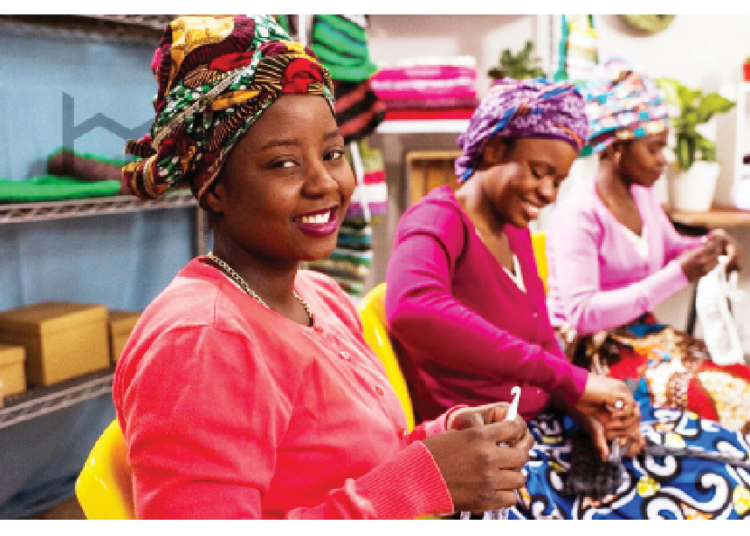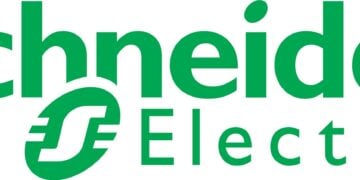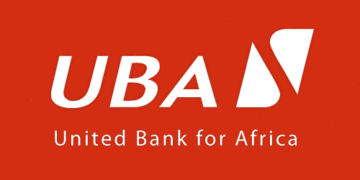Women entrepreneurs are key drivers of economic development, fuelling growth and creating jobs. However, they often face challenges in financing and scaling sustainable businesses, including limited access to capital, technology, networks, and resources.
The path to achieving gender equality by 2030 faces a significant hurdle: an alarming lack of financing. The annual deficit in spending on gender equality measures amounts to a staggering $360 billion, according to estimates by UN Women. This financing gap underscores the urgency of addressing disparities in access to financial resources, economic opportunities, and social services faced by women and girls.
In recent times, government and private organisations have started implementing initiatives to address these challenges and support female entrepreneurs in the areas of business training, development, advisory and access to funds.
An economist, Tunde Oyediran, stated that, investing in women’s financial inclusion is an investment in Nigeria’s future that can unlock their entrepreneurial potential, leading to job creation and economic diversification.
He noted that, this will empower them to invest in their children’s education and well-being, creating a ripple effect of positive change across generations, noting that, it strengthens families and communities, as women often reinvest their earnings back into their social circles.
Oyediran added that, “the journey towards a more inclusive and prosperous Nigeria starts with empowering its women. By investing in women and fostering their financial inclusion, the nation can build a more inclusive and prosperous society for all.”
The Central Bank of Nigeria (CBN) stated that, financial inclusion is a dimension of inclusive growth, saying, “economic growth and income inequality are gender-biased; women are more often than men, prevented from equal access to education, and productive inputs and economic opportunities. Therefore, closing the gender gap in financial inclusion is a cornerstone of building a more gender-equal economy, which will unlock additional potential for all.”
Ways Nigerian Women Entrepreneurs Can Access Funds
The Nigerian federal government offers loans to women-owned businesses through the FirstGem fund: a single-digit loan scheme for female-owned or partnered SMEs in sectors like food processing, beauty, and transportatio n. FGN Special Intervention Fund for MSME (NEDEP): a fund that offers loans at a nine per cent interest rate to MSMEs. BRAVE Women: a fund funded by the Women Entrepreneurs Finance Initiative (We-Fi) to empower women entrepreneurs.
Accessing loans from banks through gender desk: In closing the financial gap faced by female-owned businesses, most banks have gender products that provide funding to boost their respective businesses. Access Bank has Access ‘W’ Initiative is a programme that supports women’s economic empowerment through banking, loans, and other services. Zenith Bank’s gender desk is called Zwoman, closing the financial gap faced by female-owned businesses and ensuring that we create more opportunities for growth in the business environment for women.
Womenpreneur Pitch-a-ton Africa: the Womenpreneur Pitch-a-ton Africa programme is designed to provide female-owned businesses across Africa an opportunity to access finance, world-class business training as well and mentoring opportunities. The programme is designed as 3 months comprising 12 weeks of mini-MBA training in collaboration with the International Finance Corporation (IFC) and pitching sessions to a Pan-African Jury panel where the top one hundred (100) finalists will pitch their businesses, infusing learnings from the mini-MBA and will stand an opportunity to win financial grants and other consolation prizes.
Women in Tech Incubator; the Women in Tech Incubator (WITI) programme aims to support female entrepreneurship, align with calls for more diversity in tech and provide more opportunities for women to develop entrepreneurial and leadership expertise. The goal of the Women in Tech Incubator in Nigeria is to provide incubation support designed to target early-to-mid-stage female professionals from the technology and business sectors. The programme is targeted at women-led start-up businesses based in Nigeria and which aligns with the United Nations SDG’s.











